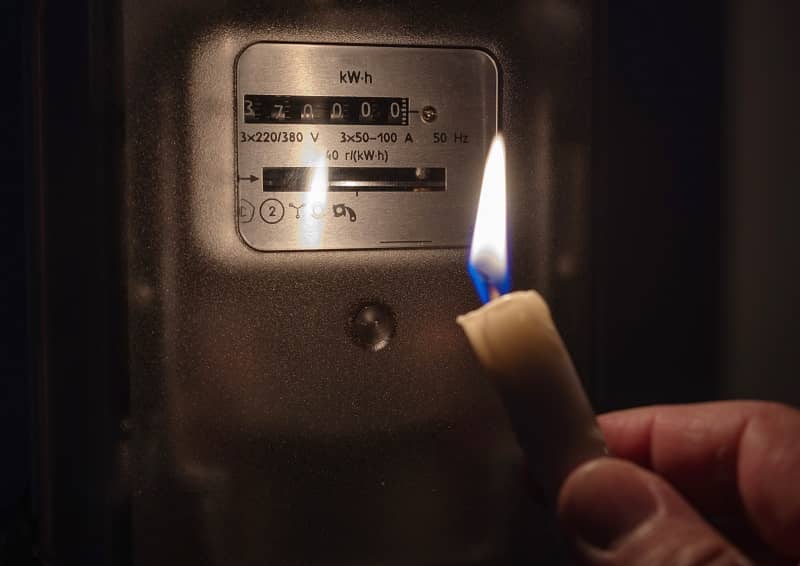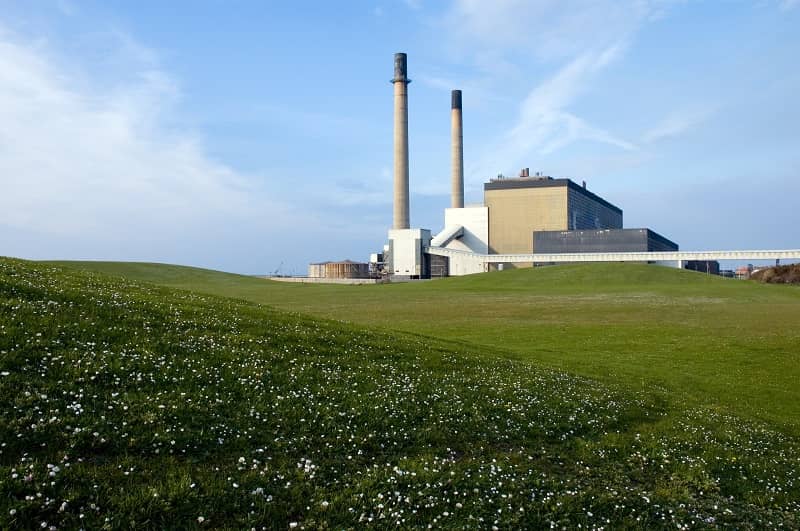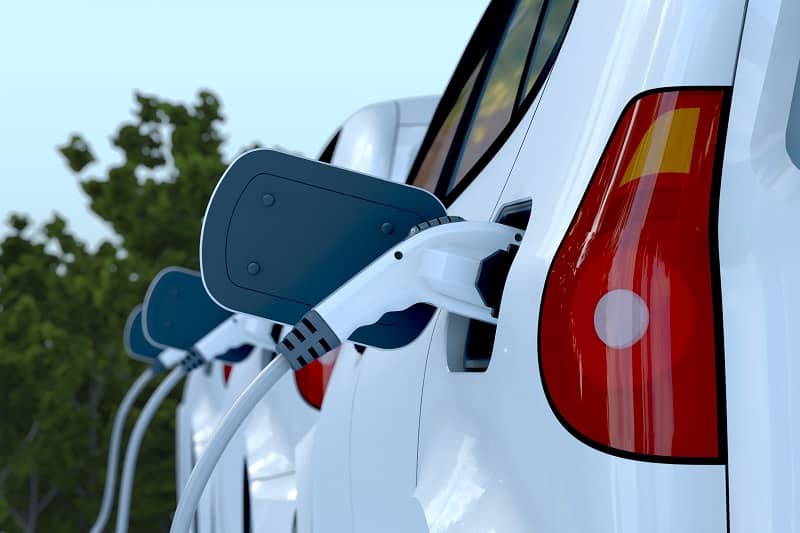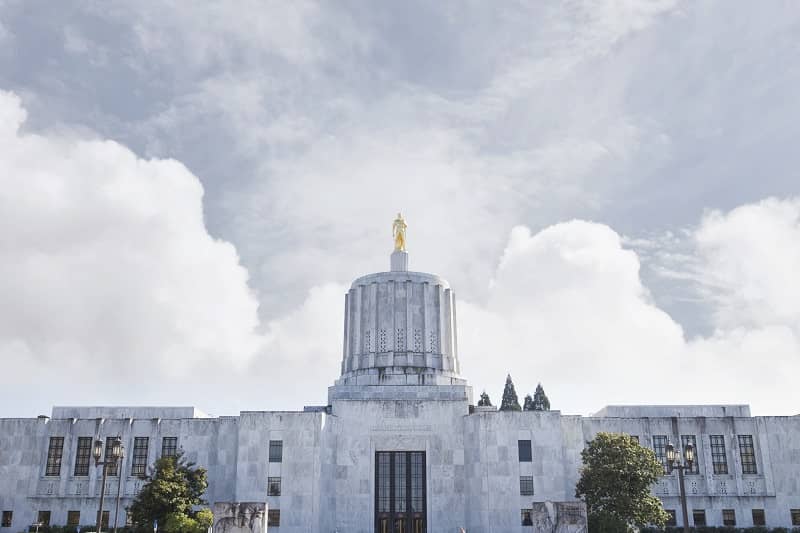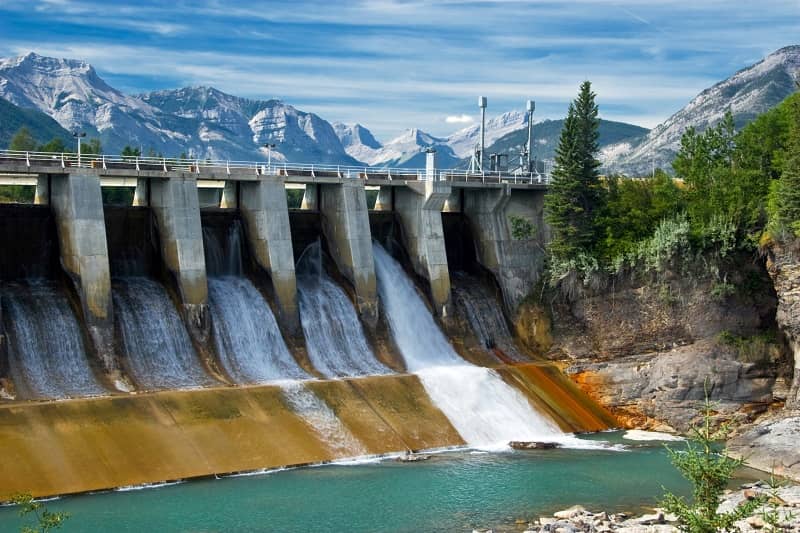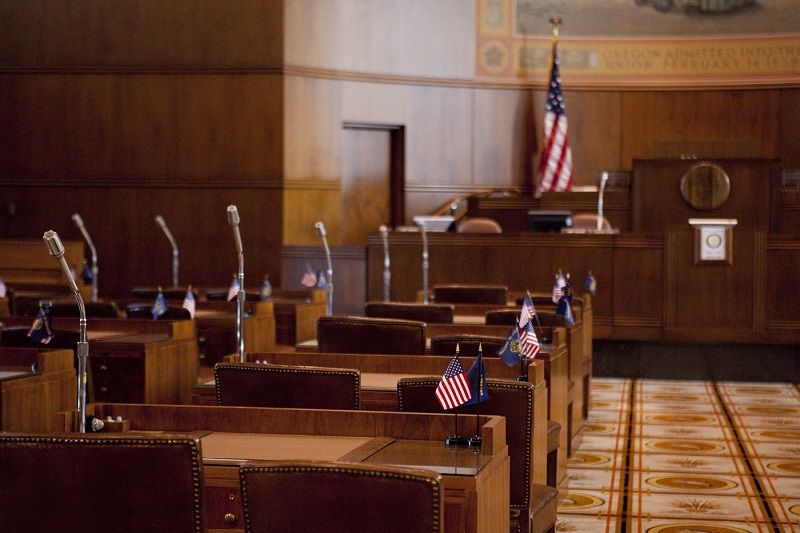Recently, Mayor Charlie Hales gave a speech welcoming out-of-town dignitaries visiting Portland as part of “World Environment Day.” Speaking before an obviously friendly audience, Mayor Hales made a number of claims that show a lack of critical thinking about environmental issues. Four in particular deserve comment.
First, the Mayor said that the city “must urge” the Oregon State Treasurer to divest of all state holdings in fossil fuel. This might be a harmless gesture if the Mayor did that with his own personal portfolio, but forcing public investment managers to sell off holdings for strictly political reasons would be a violation of their fiduciary trust to those whose funds they manage. Arbitrarily selling assets would increase transaction fees and could reduce total returns to beneficiaries by disposing of securities at discounted prices (relative to true market values).
Moreover, divesting fossil fuel assets would have no effect on any measurable environmental problem.
The Mayor also invoked the tired “Peak Oil” argument that companies managing fossil fuel assets must inevitably fail because oil, gas, and coal are finite resources. But that prediction has been wrong for over 100 years and will continue to be wrong for the foreseeable future. Indeed, at least one international energy statistical agency has predicted that the United States likely will be energy-independent by 2020 due to technological innovations in oil and gas exploration that are causing large increases in production.
Mayor Hales further warned that we must act before the “carbon bubble bursts.” While it is true that we currently have a carbon bubble, it’s not the one he is thinking of. It is a government-created buying binge in carbon offsets, renewable energy credits, and green tags. These products, which exist primarily to satisfy regulatory mandates, have no underlying assets backing them and represent one of the largest Ponzi schemes in history. When the fraud is finally exposed, holders of these worthless securities will be forced to write off billions of dollars in losses.
If the Mayor is really concerned about avoiding the subprime carbon market, he should publicly instruct his staff to quit buying renewable energy credits.
Second, Mayor Hales pledged to begin implementation of the resolution passed last year requiring 100% of city electricity from politically correct “renewable sources.” Unfortunately, the Mayor is more than a decade late to this party, and the beer is stale. Back in 2001, the City Council pledged the very same thing, to be implemented by 2010. When that deadline passed, the city had managed to reach only about seven percent of the goal.
Not only is this goal unachievable for the city, it’s not even desirable. Since large-scale hydroelectric projects and nuclear power plants are typically excluded by green power advocates as “renewable” energy sources, the only way to achieve 100% renewable energy purchasing in the short term would be through massive expenditures for utility-scale wind energy. But since wind is guaranteed to fail randomly, it must be backed up at all times by base-load sources such as hydro, natural gas, and coal. If hydro steps in when wind fails, there is no net environmental gain. It’s one renewable substituting for another. If coal and gas are used, there is a net environmental loss, since these sources must be kept running even when not needed.
The Mayor’s vision is akin to forcing a rental car company to buy a large percentage of cars that randomly stop working, and then maintaining a back-up fleet that is kept idling 24 hours a day to rescue the stranded cars on a moment’s notice. Nobody would propose such a policy for an auto fleet; and environmentally conscious politicians should not advocate it for the electricity grid, either. Wind power is an expensive nuisance to the grid and should be discouraged, not mandated.
Third, the Mayor pledged that within 10 years, the bike “will be the preferred mode of transportation for all trips under three miles in Portland.” While politicians love to make outrageous predictions―since no one can disprove them―there is nothing in the recent past that suggests bicycling will come anywhere close to meeting this forecast. Bicycling has achieved a healthy market share for commuter trips into the central city, but over a 24-hour period for the entire city, cycling is minimal. Even in the South Waterfront district, a massively subsidized high-density neighborhood with a vibrant cycling population, 79% of all daily passenger-trips to and from the district are made in motorized vehicles.
Finally, Mayor Hales pledged that over the next 20 years, the Council will identify new revenues that will allow the city to turn every street in Portland into a “Complete Street” with pervious surfaces, street trees, and sidewalks. Given that the condition of Portland streets has been declining for years and been the subject of several scathing reports by the Portland City Auditor, I’d suggest a much more humble goal for the Mayor. He should stop the pork-barreling of massive amounts of tax dollars on streetcars, light rail, and “traffic calming” projects (the primary cause of our current road system embarrassment) and begin allocating most transportation dollars to fixing and maintaining what we have.
One of the great success stories of the last century has been the steady improvement in environmental quality due to market-driven technological change. The best way Portland politicians can help continue this trend is to focus on the fundamentals of making the city a great place for entrepreneurs.
John A. Charles, Jr. is President and CEO of Cascade Policy Institute, Oregon’s free market public policy research organization.
